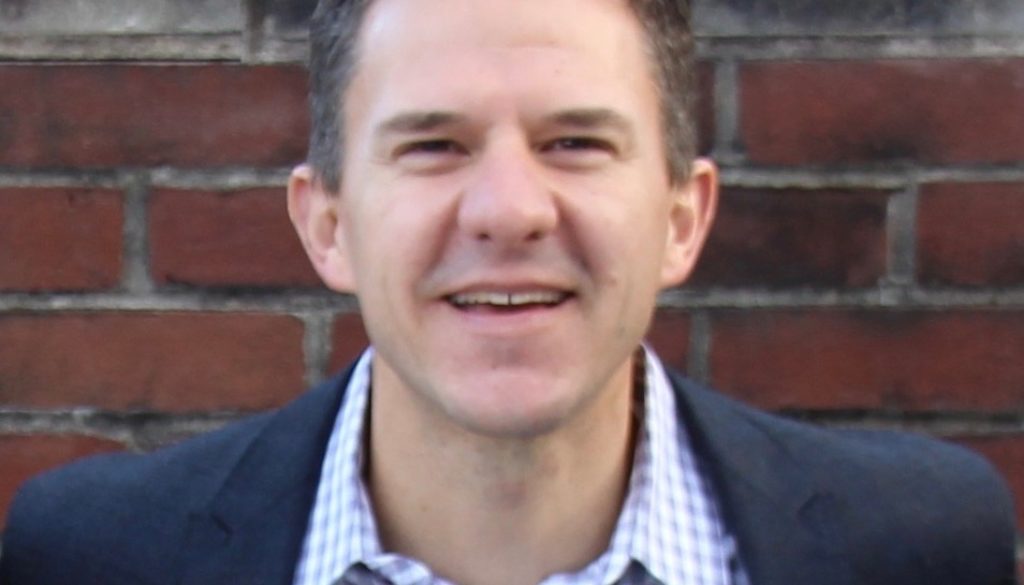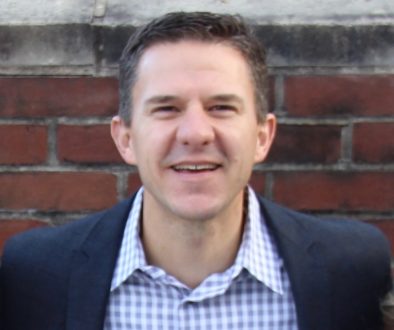the occasional fortunate pastor
I am ‘the occasional fortunate pastor’ who has been granted a sabbatical for the sake of renewal, re-tooling, re-freshment, and re-vision. I keep talking to people who say this with great sincerity: “I am so glad you are getting a sabbatical.”
And I know there is often a sub-text that says, “I wish I could do that.”
In this series of blog posts on sabbatical, I have quoted heavily from Andy Crouch’s book, Playing God. I have saved the most inspiring and convicting passage for last. Andy talks of our American practice of retirement and suggests that the 8-9 years of ‘retirement’ that we are all anticipating at the age of 68 or 70 after 48 years of labor could be better received and enjoyed in 7th year sabbatical breaks. It’s a compelling argument.
Could a sabbatical be in your future as well? Enjoy this long quote. (special thanks to Morgan Reed who prepared it for me). Please look for my final farewell after these words from Andy…
In our culture sabbatical is a term reserved almost exclusively for teachers and scholars (and the occasional fortunate pastor) who are granted a year off to allow their teaching to lie fallow and to pursue other callings. The sabbatical year in academia is not a vacation –“time off” without goals or accountability. Rather, it is an opportunity to expand and redirect one’s vocation, to explore what we may be called to next.
If weekly Sabbaths seem out of reach for many of us, a sabbatical year must sound like fantasy. Assuming we do not work in an institutional setting like a university or church that will pay for our time, how could we ever afford to withdraw from our day-to-day productive activities for an entire year?
This question was exactly what the Israelites asked about their own sabbatical year, and God had a very specific response recorded alongside the Levitical law: “Should you ask, ‘What shall we eat in the seventh year, if we may not sow or gather in our crop?’ I will order my blessing for you in the sixth year, so that it will yield a crop for three years” (Leviticus 25:20-21). The commandment came with the provision to keep it; all Israel had to do was be prepared to harvest the abundance in advance and steward it over the following years of rest and return to ordinary work.
And in fact, in Western societies we are familiar with the idea of laboring while planning and saving up for a future when our activity will not be economically productive. We call it “retirement”: many years of leisure after decades of hard work, ideally filled with enjoyable travel and time with extended family and friends. Many Americans have no trouble, at least in principle, with the idea of people saving up for their retirement years (though having the means and the will to save enough is a different matter).
As it turns out, retirement and sabbatical require similar amounts of time. If one were to start full-time work at twenty-one and retire at the age of sixty-nine, then hoped to enjoy an “active retirement” until, say seventy-seven before being more constrained by the limitations of old age, the forty-eight years of work would be matched by eight years of retirement–exactly the 1-for-6 ration of the sabbatical year.
Yet modern “retirement” is far less healthy than the 1-to-6 pattern of Leviticus because all the years of leisure are piled up at the end of one’s life. Two years of rest are not twice as satisfying as one, and ten years are assuredly not ten times as satisfying. Leisure has sharply diminishing returns, especially when there is no meaningful work ahead of us to which we might apply the insights and energy gained during our year of rest. Image bearers are not meant to take a permanent vacation from responsibility and creativity. The retirement model not only asks us to soldier through an entire working life without ever benefiting from the rest and refreshment of a sabbatical year, it gives us no wider cultural purpose for our retirement years than our own leisure and pleasure.
As more and more people who have the luxury of retiring are finding out, endless unproductive leisure is something to be avoided, not sought. A cruise may feel like heaven for two weeks, but it would feel like hell after two years. And at the same time, the gifts of modern medical care and the shift to less physically demanding work mean that there is no good reason for many people to cease working at sixty-five or sixty-nine. So why is there a vast industry designed to channel our planning and saving toward the dubious reward of retirement, and none designed to help us plan and save for periodic sabbaticals?
I recognize that there are vast complexities in implementing a sabbatical vision for any one individual, let alone a whole society. All I am really trying to do is to awaken us to our odd situation. Working without extended periods of rest, we dream, plan, save and strive for a vision of the good life that will come in our later years. But in practice that dream may turn out to be just a disappointing, diminishing form of idolatry. And should we discover at that point that retirement is not as satisfying as we had hoped, it will be difficult if not impossible to change course and make difficult choices. Meanwhile, we think Scripture’s much more realistic, beneficial and achievable vision inconceivable.
The sabbatical year is both a discipline toward power and a discipline that tames power. Sabbaticals force us to relinquish our sense of indispensability. So they subvert the god playing that can afflict custodians and CEOs alike. The truth is that others are fully able to fill the roles we set aside. This humbling reality can help us return to work with a more sober sense of our own importance and abilities, as well as providing organizations with a deep “bench” of people who have grown in their capacities during one another’s absence.
Could a sabbatical be in your future?
This is it… until September.
On Friday, February 26, I will turn on my email vacation responder. It will give instructions on who to contact at Restoration over the next 6 months if you have questions or needs.
It will also remind you that I will not be checking either my restorationarling.org account or my gmail.com account. The inboxes for both of these accounts will have thousands of messages by September 1, 2016 and all of them will be deleted before I return. Part of the gift of sabbatical is the gift of an empty email inbox in September.
Please re-contact me then!
I will also be de-activating my Facebook and Twitter accounts. I am doing this for 2 reasons:
First, I want to spend my sabbatical on the renewal that God is doing in me and avoid the temptation to voyeuristically check in on other people’s lives.
Second, I want to resist the temptation to ‘report’ on the renewal that God is doing in me which has the potential to shortcut the good work of sabbatical. I will miss you and your updates. I will be back on social media in September. And social media will probably look quite different!
Thanks for reading and for praying for me and my family. I hope you have ‘your part’ of my shirt. See you on the other side.
-David



February 24, 2016 @ 7:25 pm
David,I’m so grateful to see you hanging out with God and your family! May He richly bless you with thoughts and dreams and visions!
e
February 25, 2016 @ 3:39 pm
Thank you Evan! I always appreciate your enthusiasm for me and the things God is doing. I am sure I will see you around the Glebe…
February 24, 2016 @ 7:30 pm
This is wonderful! Best wishes in this time. I can’t wait to hear about your family adventure!
February 25, 2016 @ 3:37 pm
Thank you Kristin! We are excited and expectantly hopeful!
February 25, 2016 @ 9:06 pm
Go forth, my heart, and seek delight
In all the gifts of God’s great might…
that hymn is my prayer for you. Dude, have a blast! I am excited for you and will be praying for you and your crew.
February 25, 2016 @ 9:09 pm
Great read, and very convicting! Enjoy this time, David (and family)!